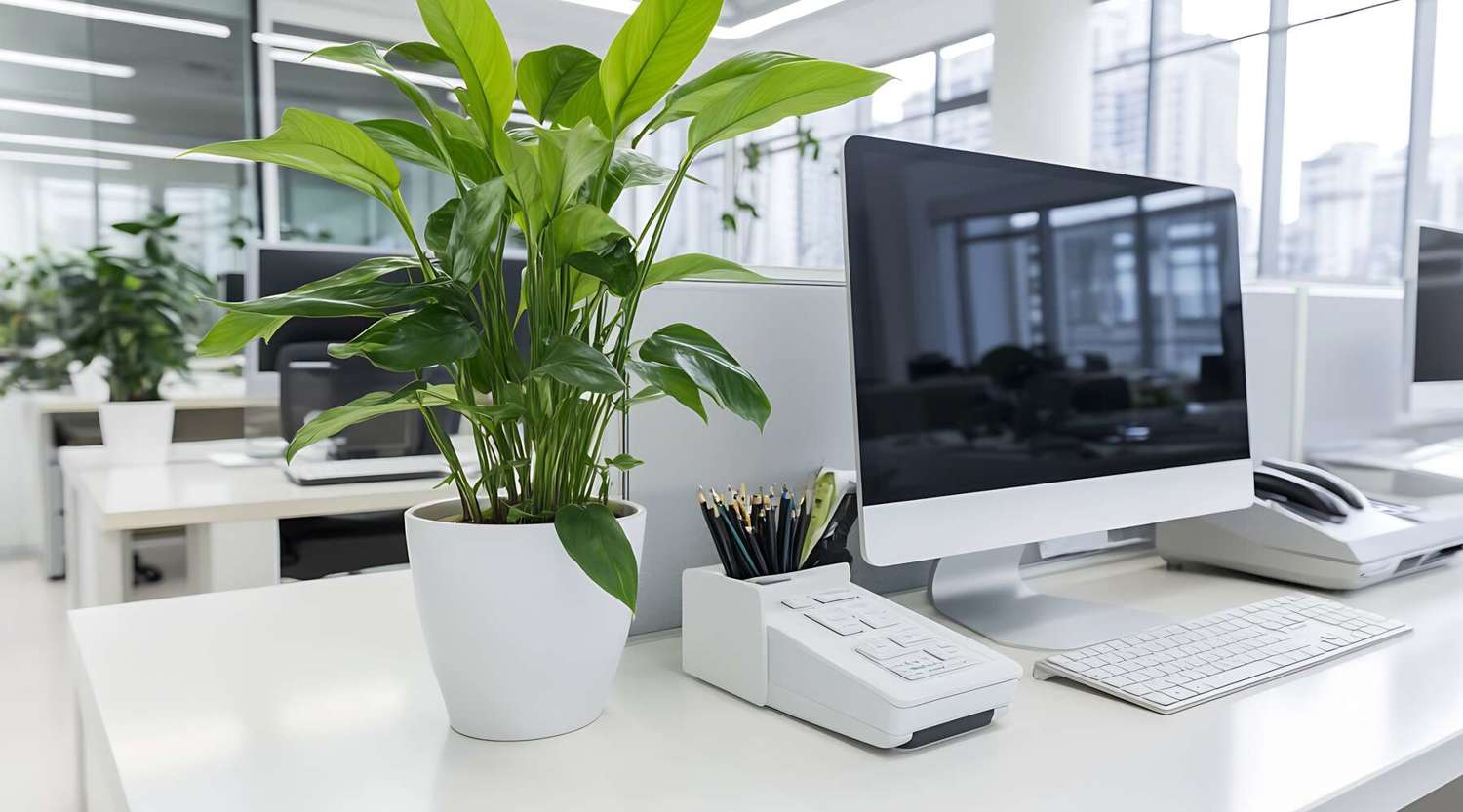People spend 90% of their time indoors, so it’s vital that we ensure everyone is breathing safe air there, says University of the Sunshine Coast infection prevention and control expert Dr Matt Mason.
In response to the Safer Air Project report published today in Australia, Dr Mason said that ongoing challenges caused by airborne pathogens made effective infection prevention and control vital, and that the report was a key step in making safe air accessible to everyone.
“As we spend so much of our time in indoor environments it is important we get this right,” Dr Mason said.
“This report highlights that nearly half of Australians live with chronic health conditions, making them particularly vulnerable to severe health outcomes from infections transmitted in poorly ventilated indoor environments.”
“The report emphasises that many pathogens, including SARS-CoV-2 and influenza, are primarily transmitted indoors where air quality is currently often inadequate. Improving indoor air quality would significantly reduce the risk of airborne infections, protecting not only those with chronic conditions but also the broader community.”
“The report also advocates for recognising clean air as a fundamental right, ensuring that everyone, especially those with invisible disabilities or chronic health issues, can access public spaces safely. This inclusivity is essential for fostering a supportive community environment.”
“The report outlines specific recommendations for enhancing indoor air quality in schools, healthcare facilities, residential care settings, and workplaces. These include establishing performance standards for shared spaces, which is crucial for preventing infections and promoting public health.”
“As the report notes, infection prevention and control is a shared, whole-of-community issue, not just a healthcare setting issue, and the recommendation here is that this remit should sit with the Australian Centre for Disease Control.
"Everyone deserves access to safe indoor environments, a fact recognised in many facets of community life and legislated for by Human Rights Acts and Disability Acts nationwide. By addressing indoor air quality comprehensively, including mandating requirements for safer, cleaner air, we can enhance overall public health while fostering inclusivity for those at risk," Dr Mason said.
Media enquiries: Please contact the Media Team media@usc.edu.au



